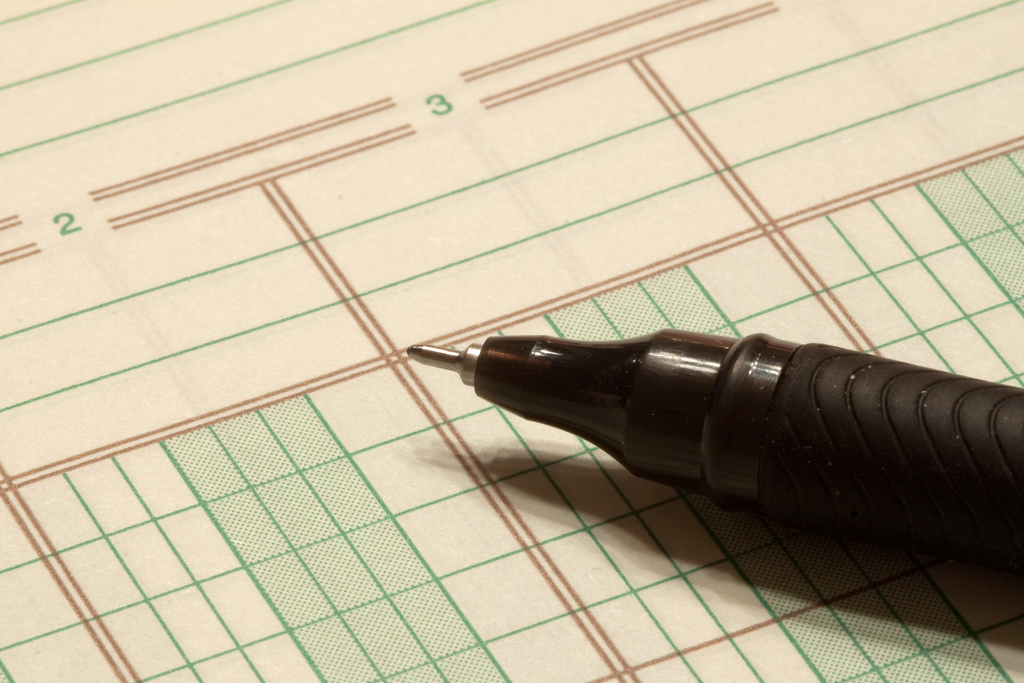Two Hundred Word Tidbits: Part I | Part II | Part III | Part IV | Part V
The Arabic word for reflecting on one’s spiritual state and taking one’s deeds into account, al-muhasaba, is a word form that indicates and connotes duality (just as mujadala would mean an argument between two people, and musharaka a partnership between two). This implies that when one takes oneself into account, one should do so in an objective, thorough and just way, just as if one’s nafs (ego) is another person one is working to help improve and encourage towards good.
This idea of self-accountability has a fundamentally Qura’nic basis as Allah subhanahu wa ta`ala (exalted is He) says in Surat al-Hashr: “O you who have believed, fear Allah. And let every soul look to what it has put forth for tomorrow (of deeds)—and fear Allah. Indeed, Allah is Acquainted with what you do.” (Quran, 59:18)
The great companion Umar, may Allah be pleased with him, said, “Hold yourself to account before you are judged, and weigh your actions before they are weighed against you.”
Some of the earlier generations would take stock of their actions by actually writing down all of their good and bad deeds on a regular basis, thanking Allah (swt) for the good they were able to perform and seeking forgiveness for the bad.
Making a habit of performing muhasaba in the mornings can help put one in planning mode for the day ahead, and to remember that each day is a new opportunity to do better and make amends for the past.
From a class with Sha. Muslema Purmul


How does one record or even detect the inward sins of the heart? Thats almost impossible to do surely?!??
as salaamu alaykum,
A person can start by consciously taking stock of the deeds of their limbs and senses, and as they start to reflect more deeply on their choices and actions, they may come to certain realizations about their ‘inward’ sins. One may start to realize that the deeds one committed were, for example, rooted in envy towards another, unjustified anger, attachment to worldly things, etc. When that happens one can start to recognize some of the inner inclinations and spiritual ailments one seems to be prone to, and work on rectifying them through tazkiyat an-nafs.
In a lot of ways muhasaba helps you get to know yourself; and over time helps you become more aware of what’s going on inside of you until you are conscious of ‘every beat of your heart’ as some of the scholars have said.
Allah knows best
salaam,
Shazia
hadith an nawawi 39
On the authority of Ibn Abbas that the messenger of Allah said:
“Allah has pardoned for me my people for [their] mistakes and [their] forgetfulness and for what they have done under duress.”
a fine hadith related by Ibn Majah,Al-Baihqi, and others.
one dont have to record or detect inward sins because it is already forgiven by Allah . subhanallah . however we must repent everyday as the Prophet Muhammad repent 70 times a day although he is maksum.
just an opinion . sorry for any mistake . =D
Maashallah! This is a very beneficial post. I hope to use this as a reminder,i pray Allah ease it for me and facilitate ur affairs too.
Jazakallah khair for this very informative post!
Related to that, it’s also good to think – each night before sleeping – of a few things in the day you’re grateful for, ad thank ALlah for them.
I read this on my commute to work, and it has helped me get a positive start.
It’s such a great way to help us and motivate us to say on the right path and not let us fall off track.
I will remember the sentence “Hold yourself to account before you are judged, and weigh your actions before they are weighed against you.” I may just print it off and put it by my night table or carry it with me to serve as a reminder.
Thanks again.
Salaam,
I’m so happy to hear that. It’s always a beautiful experience to hear words that strike a chord inside and inspire, so I’m happy I got to be part of that by sharing the words of Umar with you! alhamdulillah 🙂
It’s so humbling to see my teacher post something they learned from me. May Allah accept from you Ust. Shazia and increase you, and help us both to implement muhasabah, tahmeed, and istighfaar each night.
Shaykha Muslema you are always a source of inspiration and food for thought for me 🙂 Ameen to your duaa, and may Allah bless you, your family and your endeavors always. Ameen.
salaam,
shazia
Thanks for the post. It helps me, really.
[…] Two Hundred Word Tidbits: Part I | Part II […]
[…] Hundred Word Tidbits: Part I | Part II | Part […]
I loved the concept of dealing with the nafs like it was another being needing to be tamed! jazaki Allahu khayran for this post!
[…] Two Hundred Word Tidbits: Part I | Part II | Part III | Part IV | Part […]
[…] Two Hundred Word Tidbits: Part I | Part II | Part III | Part IV | Part […]